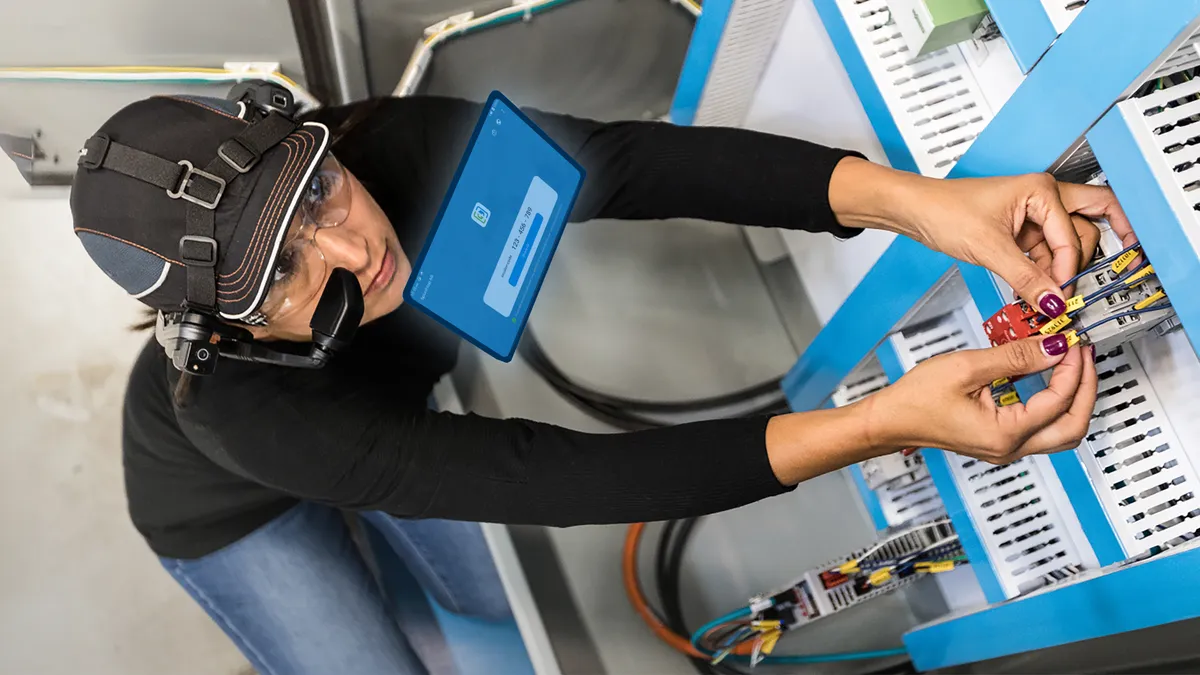Dive Brief:
- "[T]here is no level of cannabis use that is safe or acceptable for employees who work in safety sensitive positions," according to a National Safety Council (NSC) position statement. For this reason, the NSC — a nongovernmental nonprofit — said it supports moving workers who use cannabis for medical purposes to non-safety sensitive positions.
- While the amount of THC, the main psychoactive compound in cannabis, detectable in a person's body does not directly correlate with the level of impairment, said the NSC, research clearly indicates that cannabis affects psychomotor skills and cognitive ability. The council also said it hopes to increase its involvement in policy discussions about cannabis impairment and "provide guidance for employers as they navigate changing cannabis laws."
- The NSC's position paper cited a study from the National Institute on Drug Abuse, which found that employees who tested positive for cannabis had 55% more industrial incidents, 85% more injuries and 75% greater absenteeism compared to employees who tested negative.
Dive Insight:
The position paper pointed out that cannabis remains illegal at the federal level, even though its use is legal in some form in many states.
This discrepancy presents obvious enforcement challenges for construction firms and other businesses, especially when it comes to employees using medical marijuana for an impairment. And, as the NSC noted, THC levels in the body don't always correlate with the actual level of impairment like, for example, blood alcohol levels show.
Experts recommend employers become familiar with medical marijuana laws that apply to their particular jurisdiction, review potentially problematic "zero tolerance" drug policies and try to focus more on unacceptable behaviors, such as performance, conduct or safety issues, rather than drug test results.
Linda Hollinshead, partner at Duane Morris LLP, previously told HR Dive, Construction Dive's sister publication, that employers had been winning state-law cases brought by employees who were fired or not hired due to marijuana use, but a few recent cases were decided in favor of workers. It's too soon to say whether these cases are isolated results or represent a broader trend, but HR experts say employers should exercise caution with their policies and practices and consult counsel as needed.
The NSC's position is a complicated one for those in the construction industry, where most field-related jobs can expose workers to potential danger.
But for contractors in states that have legalized medical marijuana — and in some cases recreational as well — a growing dilemma is finding workers who can pass the usual mandatory drug test at hiring. Tom Cecich, president of safety, health and environmental management consulting firm TFC & Associates and advisor to risk management firm Avetta, told Construction Dive earlier this year that, in Colorado, where lawmakers have passed liberal cannabis use laws, it is possible that up to 15% to 20% of all job applicants test positive for marijuana.
Because of the dangers that construction work presents, most employers have a zero-tolerance policy, but, some, according attorney Wendy Lane of Greenberg Glusker Fields Claman & Machtinger LLP in Los Angeles, might be willing to retest some applicants after enough time has passed for the drug to leave their systems.
Some contractors are risking higher insurance premiums by not testing at all, but, Lane told Construction Dive, this practice is not advisable for very high-risk positions like crane or other heavy equipment operators.
Kim Slowey contributed to this article.














